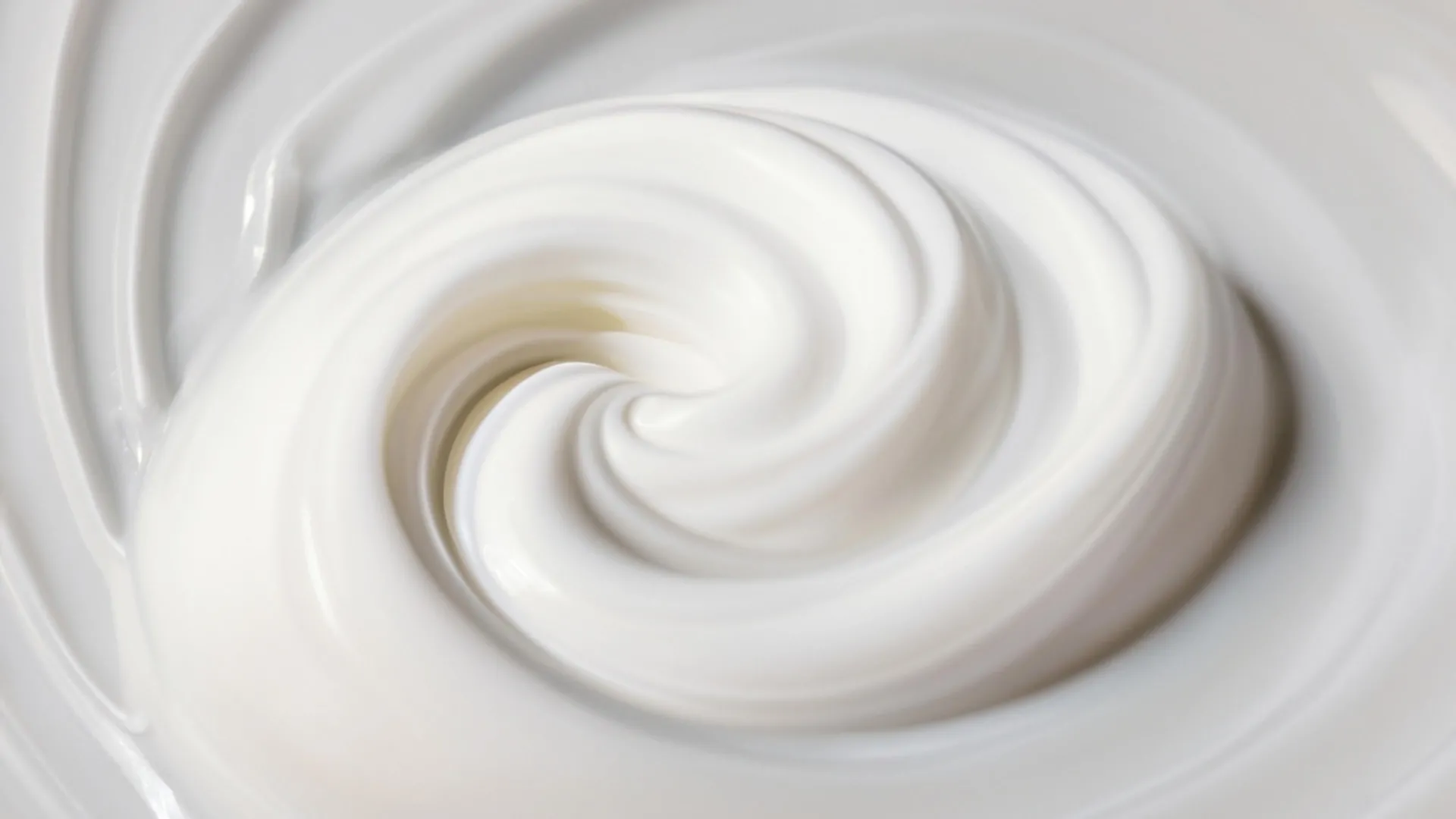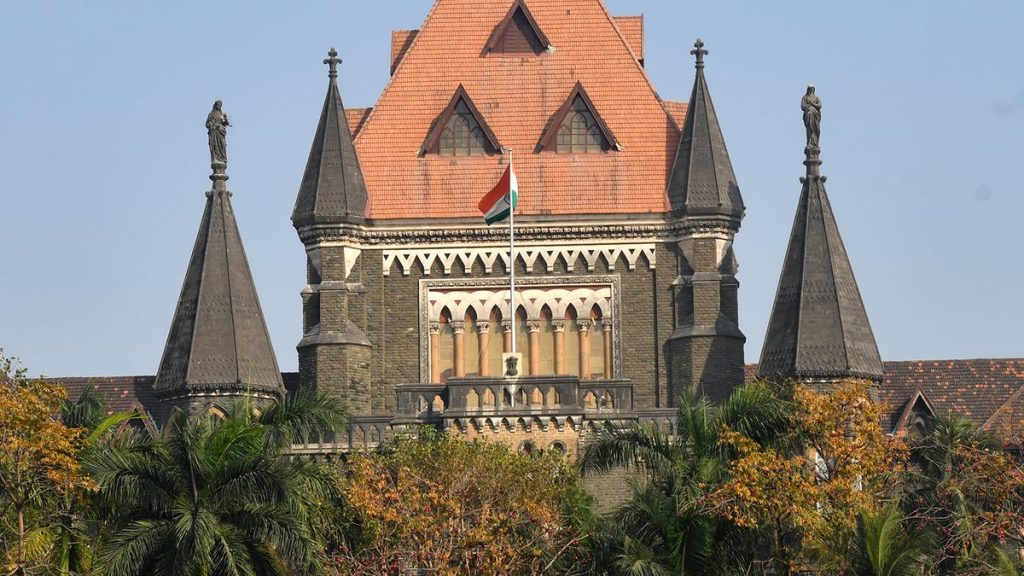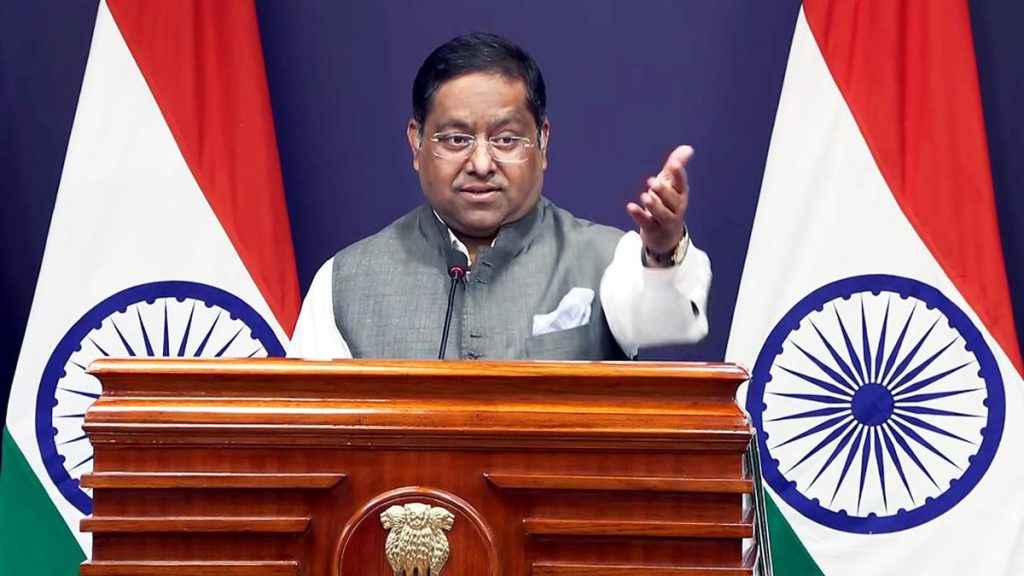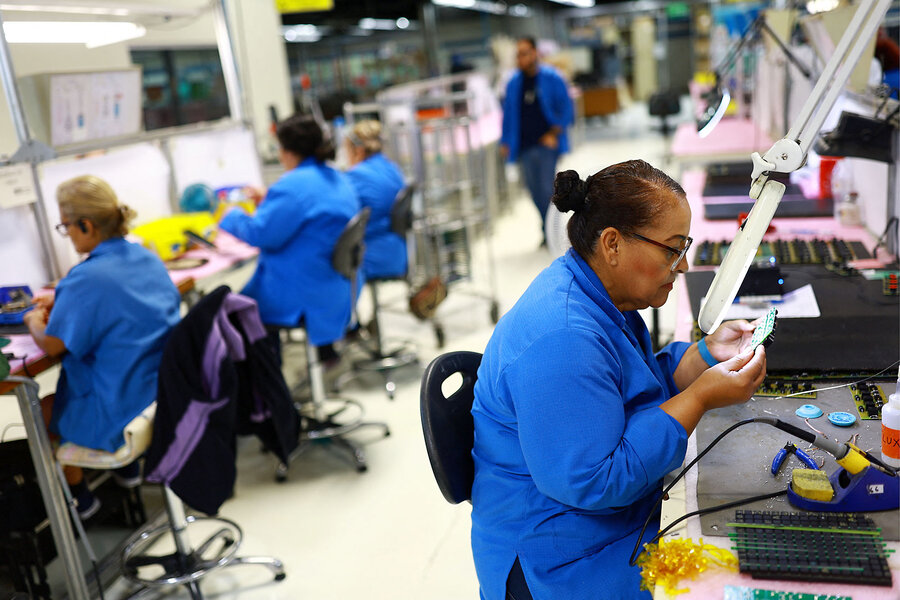Now Reading: Columbia Scientists Create Healing Gel from Yogurt That Mimics Human Tissue
-
01
Columbia Scientists Create Healing Gel from Yogurt That Mimics Human Tissue
Columbia Scientists Create Healing Gel from Yogurt That Mimics Human Tissue

Swift Summary:
- Researchers from Columbia Engineering have developed an injectable hydrogel platform using extracellular vesicles (EVs) derived from yogurt for applications in tissue engineering and regenerative medicine.
- EVs, naturally secreted by cells, enable refined cellular communication but are challenging to use in biomaterials due to yield constraints. The study leveraged milk-based EVs to overcome these barriers.
- Yogurt-derived EVs act as both structural elements and bioactive cargo in the injectable hydrogel, mimicking living tissue mechanics while promoting healing and regeneration without chemical additives.
- The hydrogel demonstrated biocompatibility and angiogenic activity within one week in immunocompetent mice, triggering new blood vessel growth and creating an anti-inflammatory immune environment conducive to tissue repair.
- Researchers validated that the approach is modular, incorporating EVs from various sources including mammalian cells and bacteria for broader regenerative applications.
- Key collaboration involved teams from Columbia university and the University of Padova who combined expertise in nanomaterials, hydrogels, and agricultural EV sourcing.
Indian Opinion Analysis:
The innovative use of yogurt-derived extracellular vesicles (EVs) highlights a prime example of global research cooperation pushing frontiers in regenerative medicine. For India-a country grappling with healthcare challenges like limited access to cutting-edge treatments-such breakthroughs could be transformative if accessible at scale. Regenerative approaches like EV hydrogels might offer sustainable solutions for treating chronic wounds or injuries common among rural populations poorly served by customary systems. additionally, India’s robust dairy industry suggests potential local synergies; leveraging similar concepts here could integrate agricultural outputs into advanced medical technologies cost-effectively.
This advancement also underscores opportunities for Indian biomedical engineers to contribute meaningfully within this space through research partnerships or adopting such frameworks locally while aligning resources toward domestically relevant results. As global partnerships grow stronger around shared scientific challenges like this one demonstrated between U.S.-Italy institutions-it serves as a model India can replicate fostering knowledge collaborations advancing biomaterial ecosystem steps ahead progress further possibilities alike practical ample reuse benefits product/services revolutionize future patient experiance matching evolving expectations organically realistically purposeful everywhere what sustainable pros scaling Science works Strategic matters




























